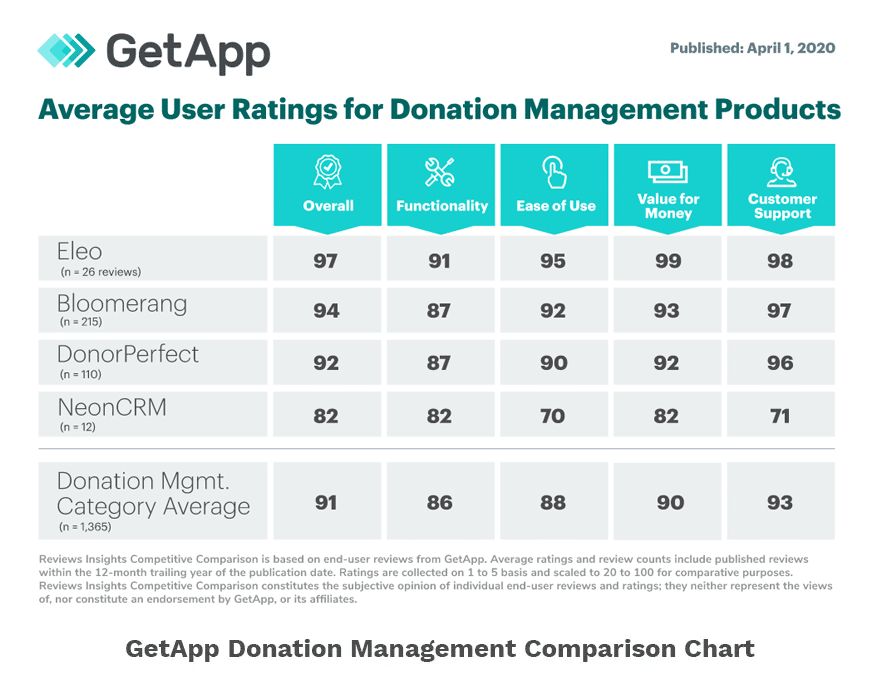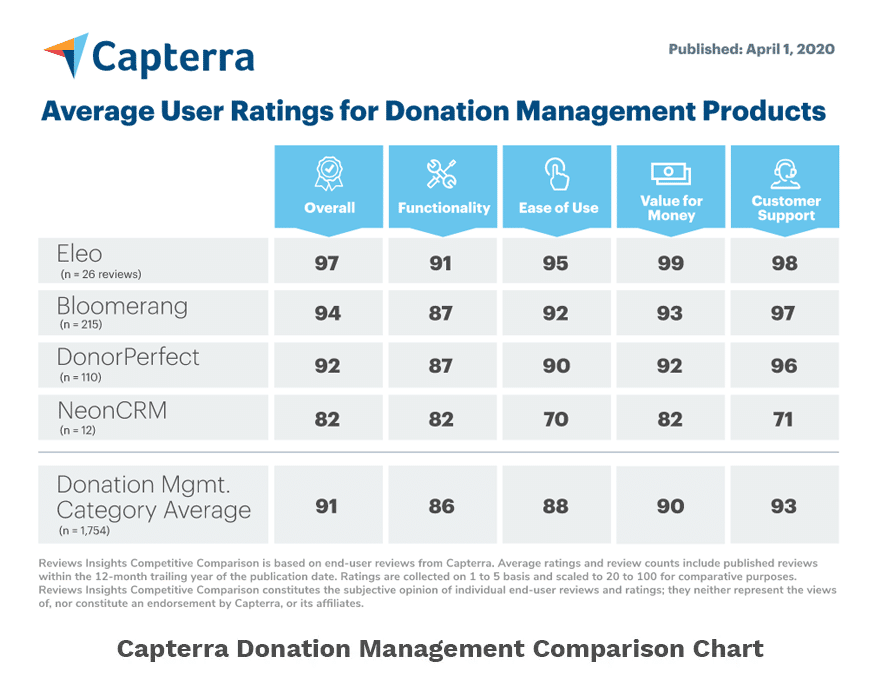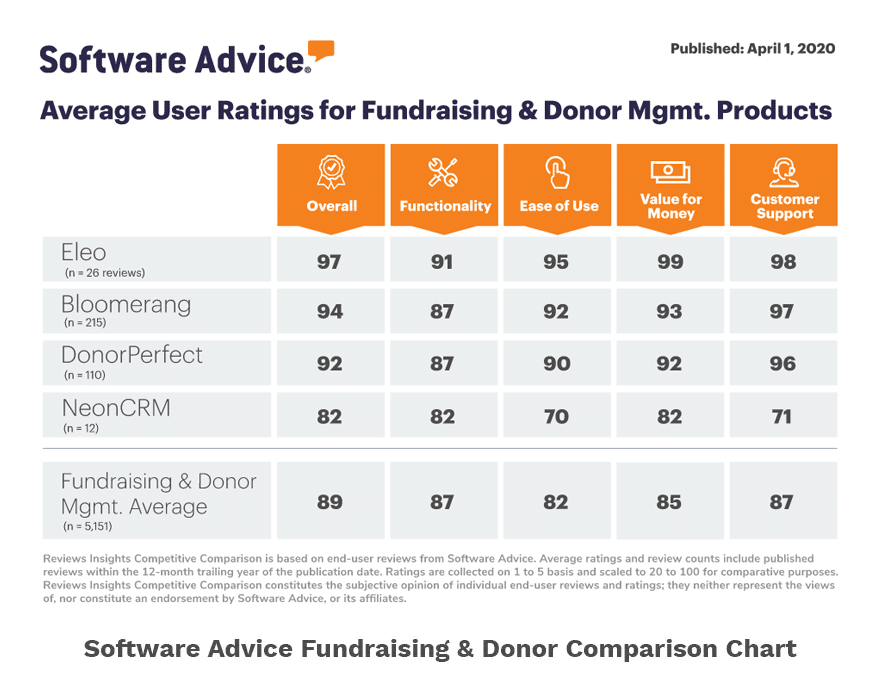
In the previous post about the effect of tax reform on nonprofits, we began to examine how the recently passed tax reform legislation will affect nonprofits. Mariana Moghadam, Certified Public Accountant and Tax Director with Sobel & Co. LLC in Livingston, NJ, was gracious enough to share her expertise on this important topic.
While many nonprofits are concerned that doubling the standard deduction may create less of an incentive to donate, and rightfully so, there are other factors that could help to minimize losses. For example, tax cuts for individuals and businesses, new tax benefits for high-income taxpayers, and tax provisions that stayed the same under the new legislation could very well end up helping many nonprofits.
Here is another key provision in the Tax Cuts and Jobs Act that could have an impact on nonprofits.
Changes to Unrelated Business Taxable Income Rules
Unrelated business taxable income refers to income that a tax-exempt organization generates from any ongoing activity that isn’t directly tied to the organization’s main function or doesn’t further its exempt purpose.
For example, suppose a local veterans’ organization cuts down trees on its property and sells the lumber. Maybe they sell advertising in an event program or open a pop-up shop on the lot next door to sell t-shirts. They then use the income to supplement various charitable programs.
These activities are not directly related to the nonprofits main function or purpose. If these activities produce a substantial amount of income for the veterans’ organization, they may be considered unrelated business taxable income. Nonprofits are required to report such unrelated business taxable income separately and pay corporate taxes on the net profit, even if all net profits are used to fund tax-exempt activities.
Previously, a nonprofit with more than one unrelated business taxable income could combine the income and loss from multiple activities. For example, losses from t-shirt sales could offset income from program advertising, which would reduce the tax obligation.
This is no longer permitted under the new tax law. All unrelated business activities are treated separately, and loss from one cannot be used to offset income from the other. However, because the corporate tax rate dropped from a maximum of 35 percent to 21 percent, nonprofits may pay a lower tax on unrelated business taxable income than in years past.
What Nonprofits Should Do Now
Meet with your accountant. Identify and prioritize areas of your nonprofit that could be affected. Analyze your data. Make sure your donor management software is integrated with your accounting systems and collecting the data required to comply with today’s tax laws.
Regardless of what happens in Washington, the goal of nonprofits should be to continue to strengthen relationships with donors. If people feel a strong enough connection to your organization and believe in your mission, they’ll be less likely to let a new tax law affect how they donate.
Believe in your mission. Believe in your donors. And make sure they know you’re committed to both.







